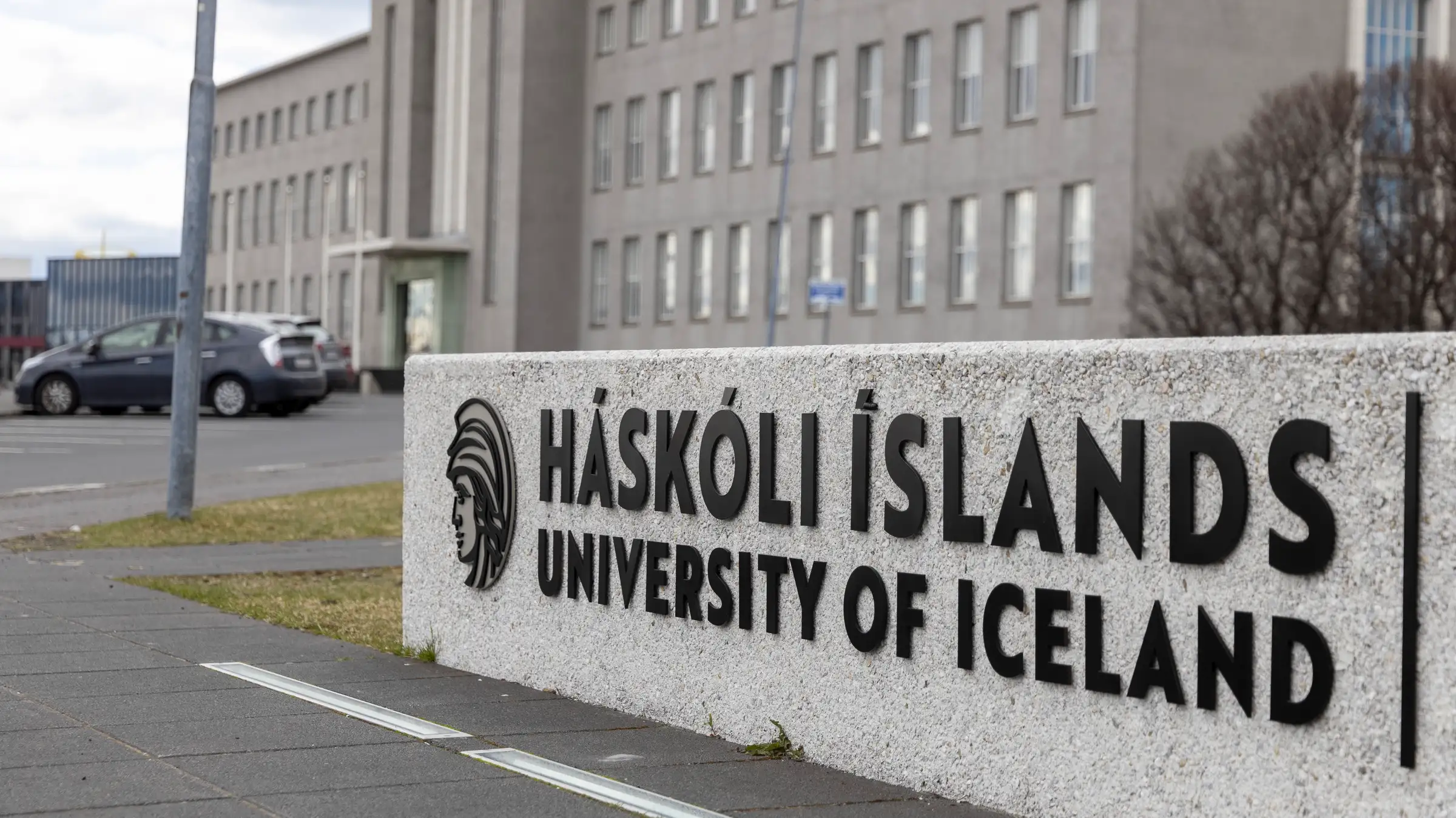
Applying to KAUST - Your Complete Guide for Masters & Ph.D. Programs (Upcoming Admissions)
Admissions Overview & Key Requirements

The Government of Iceland, led by Minister of Justice Þorbjörg Gunnlaugsdóttir, has introduced a draft bill proposing significant amendments to student residence permit rules, citing an eightfold increase in applications from certain non-EEA countries and concerns over misuse of the system.
The changes are intended to abolish Iceland's current "special rules" and harmonize its immigration framework with other Nordic countries, which generally have stricter requirements. The Minister stated the current student permit rules are among the "main weaknesses in immigration matters" in Iceland. Applications to the Directorate of Immigration for residence permits and citizenship almost doubled from 2020 to 2024.
Up to 55% more student permits have been granted in Iceland than in other Nordic countries since 2020, per capita. Applications for student permits have also increased significantly between 2024 and 2025, especially from certain countries outside the EEA. There are indications that student permits are being used as a way into the country without studying at an Icelandic university being the real purpose.
The bill includes, among other things, the following changes regarding student residence permits:
The bill also proposes a significant administrative change to increase oversight and efficiency. The issuance of temporary work and residence permits will be streamlined under the Directorate of Immigration (Útlendingastofnun), which has previously been handled by the Directorate of Labour. The move aims to simplify the system for applicants and employers, improve oversight, and increase the ability for supervision and enforcement.
Share

Applying to KAUST - Your Complete Guide for Masters & Ph.D. Programs (Upcoming Admissions)
Admissions Overview & Key Requirements

Registration Opens for SAF 2025: International STEAM Azerbaijan Festival Welcomes Global Youth
The International STEAM Azerbaijan Festival (SAF) has officially opened registration for its 2025 edition!

An mRNA cancer vaccine may offer long-term protection
A small clinical trial suggests the treatment could help keep pancreatic cancer from returning

Young Leaders Union Conference 2025 in Paris (Fully Funded)
Join Global Changemakers in Paris! Fully Funded International Conference for Students, Professionals, and Social Leaders from All Nationalities and Fields

Yer yürəsinin daxili nüvəsində struktur dəyişiklikləri aşkar edilib
bu nəzəriyyənin doğru olmadığı məlum olub. Seismik dalğalar vasitəsilə aparılan tədqiqatda daxili nüvənin səthindəki dəyişikliklərə dair qeyri-adi məlumatlar əldə edilib.

Lester B Pearson Scholarship 2026 in Canada (Fully Funded)
Applications are now open for the Lester B Pearson Scholarship 2026 at the University of Toronto!